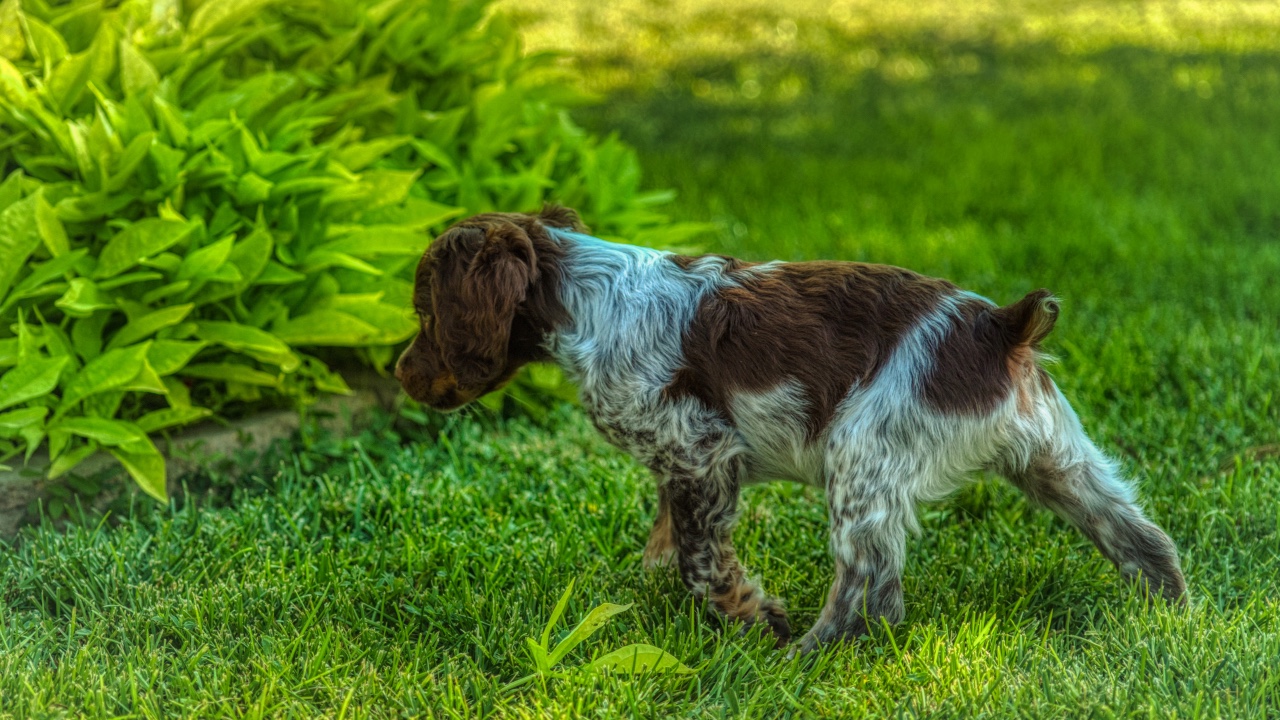We drove up to Eastern Oregon to pick up a new pup; a trip of 2500 miles or so, by the time we got back to the cottage; hotels, campgrounds, gas and food probably cost more than he did. Was he worth it? A resounding YES, and that’s after he peed, pooped and puked in the car within an hour of picking him up and before he’s been house broken. There’s something special about the promise of a new puppy that’s difficult to put into words.
After losing Max a few months ago, we were torn about replacing him with a new dog. We didn’t really want to deal with the loss again. Dogs only live for a very short time; we’ve already said goodbye to a half dozen and it hurts a little more each time. But we’ve discovered that it’s actually much worse without them. Max left a hole, deep and wide, right in the center of our hearts. As much as we tried to fill it with something else, nothing worked. So we decided to get another dog. Dog people need dogs, it’s pretty simple. The joy and energy they bring into a home is powerful and intoxicating.
“Whoever said you can’t buy happiness forgot little puppies.” ~ Gene Hill

Training a dog from a wee pup, into a masterful hunting machine has enthralled humans for over 30,000 years. The first domesticated animal wasn’t a pig, a sheep or a cow, it was a dog; a wolf if you want to get technical. Not an animal grown for food but a hunting companion. The first dogs were domesticated when humans were hunter-gatherers. Humans directly competed with wolves for the same food sources, so by domesticating them, humans gained certain advantages.
Early dogs were utilized for their ability to hunt cooperatively both in the tracking and retrieving of game. When human society evolved into an agrarian society, dogs were bred to be sentinels, herders and guards for the domesticated livestock. Selective breeding was performed to develop specific traits in dogs so they could perform important jobs. Dogs are predatory, like humans. They naturally hunt, stalk, chase and kill their prey. Breeders have isolated and intensified certain of these behaviors in different breeds for eons; for example, pointers and setters find prey; hounds stalk and chase, retrievers catch and terriers kill.
The Epagnuel Breton is considered a versatile hunting dog, capable of finding, stalking, chasing and retrieving game. They have naturally intense prey drive but what’s really special, is when they aren’t in the field running down pheasant, quail, partridge or rabbits they are incredibly calm, sweet tempered companions. I don’t want to write a commercial for French Brittanys but these dogs check all our boxes; intelligent, intense, strong, friendly, loving and small enough to not set off the seatbelt alarm.

We have developed a strong attachment to these dogs and they’re not very common in the U.S. thus the 2500 mile road trip. It was only about half that for the first one, (Max) we brought into the tribe. They’re not Pit Bull Terriers that seem to be on every street corner and in every backyard. There are a limited number of breeders that passionately attempt to maintain the original intention of these amazing hunting dogs.
A slogan coined in France by the late President of the Club Epagneul Breton, Gaston Pouchain stated that the Epagneul Breton provides “un maximum of qualities pour un volume minimum”– which translated into English means; the Epagneul Breton provides a “maximum of qualities in a minimum of volume.” Another popular breed slogan states that the Epagneul Breton is ” the smallest, but the best, of the pointing breeds!”
“In order to really enjoy a dog, one doesn’t merely try to train him to be semi-human. The point of it is to open oneself to the possibility of becoming partly a dog.” ~ Edward Hoagland
We are excited to be starting this new adventure and awakening to the idea that losing dogs is going to happen, so just get more of them. A new puppy every half decade or so, that way you never forget the joy they bring and you always have a hunting companion to chase birds with. Dogs just make life better, especially bird dogs.
